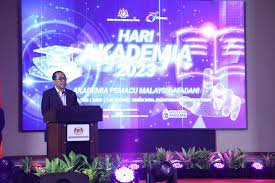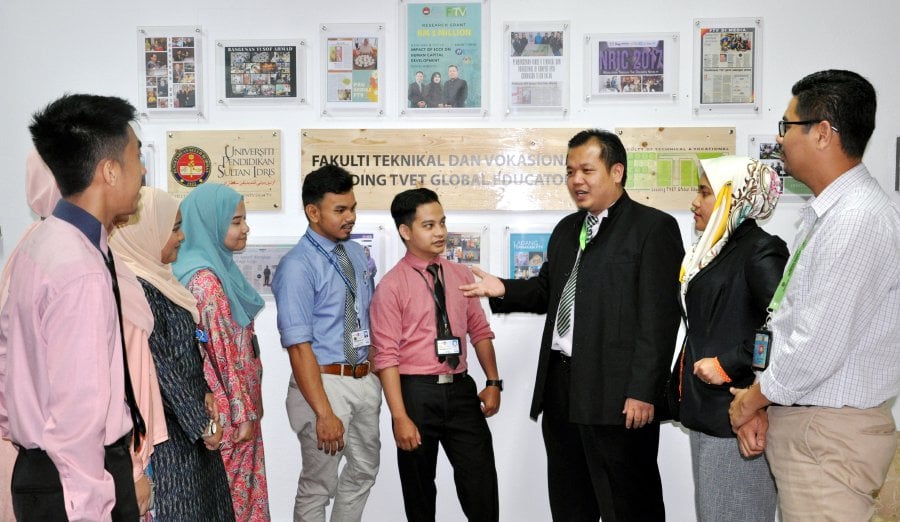Apprenticeship Degree or Degree Apprenticeship?
Apprenticeship Degree, as announced by Datuk Seri Mohamed Khaled Nordin, the Higher Education Minister, aims to encourage individuals to continue their educational journey or re-enter the world of studying. This innovative program allows people to obtain a degree as long as they possess the necessary experience and knowledge, all without the requirement of physically attending classes.
Whereas Degree apprenticeships, launched in UK in 2015, serves as a new route to gain a traditional degree, whilst working on the job in a role with training. These programmes are highly sought-after and available in various sectors and career paths where academic attainment is important. There are two different options for school leavers to consider. The first is a Level 6 qualification. This qualification provides a full bachelor’s degree. The second is a Level 7 qualification leading to a master’s degree.
The training path is unique as it blends higher academic learning with practical work and career development. Students attend university on a part-time basis, usually on set days once a week or on certain blocks of days every month. The apprenticeship usually takes three to six years, depending on the level and pathway that you choose.
Apprenticeship Degree Guidebook

Minister Khaled made this revelation during the launch of the Apprenticeship Degree Guidebook in Putrajaya on October 4 during Hari Akademia 2023. He emphasized that this program is a groundbreaking initiative by the Ministry, designed to promote unconventional learning methods that cater to the industry’s demands through a collaborative effort with various companies. What sets the Apprenticeship Degree apart from the Ministry’s Accredited Prior Experiential Learning (Apel) programs is that it evaluates participants based on their practical work experience.
Companies that meet specific criteria can partner with the Ministry’s Higher Education Department or polytechnics to facilitate their employees’ participation in this program. The core idea behind this initiative is to establish a capable and readily available workforce for the future, with academia and industry sharing the responsibility, as stated in a Ministry press release on the same day.
The newly introduced guidebook chronicles the shift from traditional classroom-based learning to work-based learning. The immersive learning experiences in the industry are expected to enhance students’ competencies and help them achieve their job-related goals
This announcement coincided with the National Academia Day and Academia Month 2023 celebrations, where Minister Mohamed Khaled emphasized academia’s role in reinventing education to make it more engaging and exciting. He stressed the need to move away from conventional teaching methods and lecture halls, emphasizing that education should encompass more than classroom learning.
To meet these objectives, he revealed the Ministry’s plan to implement the Translational Research Programme 2023. This research initiative is designed to take the knowledge, experience, and expertise from the higher education sector and apply it to benefit the community and the country as a whole. An allocation of RM10 million has been set aside for this program, which is expected to drive innovation and contribute to various fields, including food security, advanced technical and vocational education and training (TVET), and Malaysia Madani.
Recognition of Prior Achievement (RPA)
In the TVET sector or more specifically Malaysian Skills Certification System, there is also something similar where you can obtain the Malaysian Skills Certificate without attending formal classes.
RPA, or better known as PPT (Pengiktirafan Pencapaian Terdahulu) in Malay, is a method of recognizing your skills who can demonstrate the skills outlined in the National Occupational Skills Standards (NOSS) based on your prior experience and achievements. You can refer to the PANDUAN PELAKSANAAN PENSIJILAN KEMAHIRAN MALAYSIA MELALUI KAEDAH PENGIKTIRAFAN PENCAPAIAN TERDAHULU (PPT) for more information.

